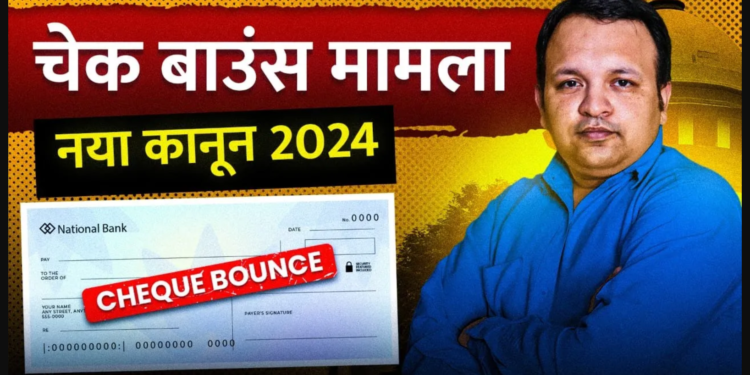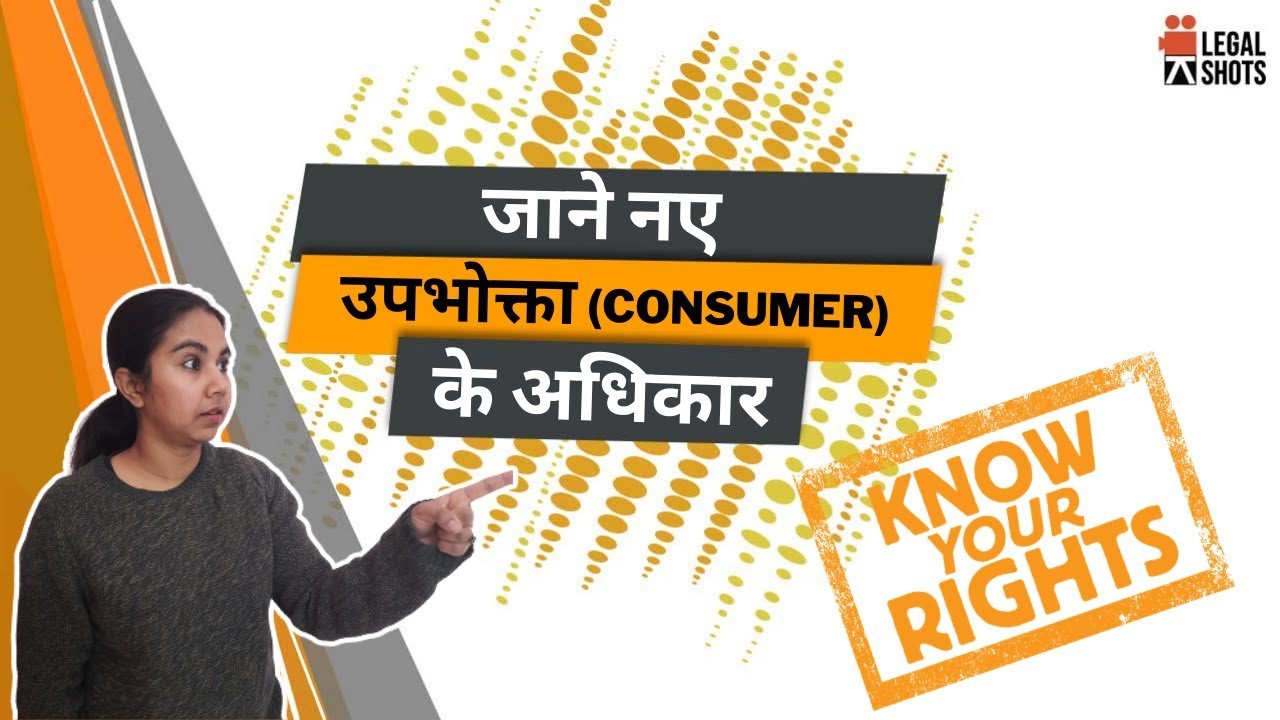Welcome back to Legal Shots! I am your lawyer and friend. Today, we delve into a recent landmark judgment by the Honourable Supreme Court of India concerning Section 138 of the Negotiable Instruments (NI) Act. This ruling has sent shockwaves through the legal community and beyond, changing how cheque bounce cases are handled. This article provides an in-depth analysis of the judgment, the concept of Rajinama (settlement), and crucial tips on navigating such legal situations.
To learn more about the topic, read the blog till the end, and if there lies any more doubt, feel free to reach out to us at; https://thelegalshots.com/legal-opinion/
Understanding Section 138 of the NI Act
Historical Context and Purpose
The Negotiable Instruments Act, 1881, governs the use and handling of negotiable instruments like cheques, promissory notes, and bills of exchange in India. Section 138 was introduced in 1988 to address the growing problem of cheque dishonor and to instill confidence in the banking and financial system. It ensures the credibility of cheques as a reliable method of payment.
Legal Provisions and Interpretation
Section 138 of the NI Act makes it a criminal offense to issue a cheque that is dishonored due to insufficient funds or any other reason. The key elements required to constitute an offense under this section are:
- Issuance of a Cheque: The drawer must have issued a cheque in favor of the payee.
- Dishonor of Cheque: The cheque must be presented for payment within the validity period and dishonored by the bank due to insufficient funds or any other reason.
- Notice of Dishonor: The payee must issue a written notice to the drawer within 30 days of receiving information about the dishonor, demanding payment of the cheque amount.
- Failure to Pay: The drawer must fail to make the payment within 15 days of receiving the notice.
Legal Consequences
If the drawer fails to comply with the notice, the payee can initiate criminal proceedings under Section 138. Penalties include imprisonment for up to two years, a fine that may extend to twice the cheque amount, or both. Additionally, the drawer may also face civil liability under contract law.
The Concept of Rajinama (Settlement)
Significance of Rajinama
Rajinama, or settlement, is a common practice in cheque bounce cases where the drawer agrees to pay the cheque amount (or more) to the payee to avoid prolonged litigation and possible imprisonment. The rationale behind Rajinama is to provide a mutually agreeable solution, saving both parties from the hassles of court proceedings and ensuring that the payee receives their dues.
Practical Steps Involved in Rajinama
- Negotiation: Both parties engage in discussions to arrive at a mutually acceptable amount that the drawer will pay to the payee.
- Drafting the Agreement: A settlement agreement is drafted, outlining the terms and conditions of the settlement, including the payment schedule and any other relevant clauses.
- Signing the Agreement: Both parties sign the agreement, indicating their consent to the terms and their intention to withdraw the criminal proceedings.
- Court Proceedings: The parties inform the court about the settlement and seek permission to compound the case under Section 147 of the NI Act, which allows for compounding of offenses.
Challenges and Considerations
While Rajinama can be an effective solution, it comes with its own set of challenges. Ensuring that the settlement agreement is comprehensive and legally sound is crucial. Both parties must clearly understand their rights and obligations under the agreement to avoid future disputes.
The Landmark Supreme Court Judgment: RAJ REDDY KALLEM vs. THE STATE OF HARYANA
Case Background
In the landmark case RAJ REDDY KALLEM vs. THE STATE OF HARYANA (2024 INSC 347), the Supreme Court of India addressed crucial issues related to Section 138 of the NI Act. The case, identified by CRIMINAL APPEAL NO. 2210 OF 2024, involved a cheque bounce dispute where the settlement process, or Rajinama, played a significant role.
Facts of the Case
- Initial Proceedings: Raj Reddy Kallem issued a cheque to a business associate, which was subsequently dishonored due to insufficient funds. The payee, following legal procedures, sent a notice to Raj Reddy demanding payment.
- Failure to Pay: Raj Reddy failed to make the payment within the stipulated period, leading the payee to initiate criminal proceedings under Section 138 of the NI Act.
- Settlement Agreement: During the trial, Raj Reddy and the payee agreed to a settlement, with Raj Reddy paying the agreed amount to the payee. Despite this settlement, the trial court found Raj Reddy guilty and imposed a penalty, including imprisonment and a fine.
- Appeal: Dissatisfied with the trial court’s decision, Raj Reddy appealed to the higher courts, eventually reaching the Supreme Court.
Key Issues Addressed by the Supreme Court
The Supreme Court examined several critical issues in this case:
- Validity of Rajinama: Whether a settlement agreement (Razinama) between the parties can automatically lead to the termination of criminal proceedings under Section 138.
- Requirement of Consent: Whether the payee’s consent is necessary for compounding the offense under Section 138.
- Scope of Judicial Discretion: The extent to which courts can exercise their discretion to quash proceedings if there is evidence of abuse of process.
Analysis of Previous Judgments
The Supreme Court referred to several previous judgments while delivering its ruling:
- Kanchan Mehta Case: In this case, the Court had allowed for compounding without the payee’s consent under certain circumstances. It held that if the drawer had paid the cheque amount, the proceedings could be terminated even without the payee’s consent.
- Meter and Instrument Case: This judgment emphasized the importance of mutual consent for compounding under Section 138. The Court held that both parties must agree to the compounding for it to be valid.
The Supreme Court’s Ruling
In the case of RAJ REDDY KALLEM vs. THE STATE OF HARYANA, the Supreme Court overruled the Kanchan Mehta judgment, stating that mutual consent is essential for compounding offenses under Section 138. The key points of the ruling are:
- Requirement of Consent: The Court held that compounding under Section 138 requires the consent of both the drawer and the payee. Even if a settlement is reached and the cheque amount is paid, the criminal proceedings can continue if the payee does not consent to the compounding.
- Judicial Discretion: The Court acknowledged that it retains the power to quash proceedings if it believes there is an abuse of the judicial process. However, this power must be exercised judiciously and in rare circumstances.
Implications of the Ruling
The ruling has significant implications for cheque bounce cases:
- Settlements Are Not Final: A settlement agreement alone does not automatically terminate criminal proceedings under Section 138. The payee’s consent is crucial for compounding the offense.
- Increased Litigation: The requirement for mutual consent may lead to increased litigation, as payees who are dissatisfied with the settlement may refuse to consent to the compounding.
- Need for Clear Agreements: It is essential to draft clear and comprehensive settlement agreements that include the payee’s consent to compounding to avoid future disputes.
Court Proceedings
If a settlement is reached, both parties should appear in court to inform the judge and apply for compounding. This demonstrates mutual consent and can expedite the legal process.
- Filing a Joint Application: File a joint application for compounding, signed by both parties, outlining the terms of the settlement and requesting the court to compound the offense.
- Court’s Discretion: Be prepared for the possibility that the court may exercise its discretion to quash the proceedings if it finds evidence of abuse of process or other compelling reasons.
Alternative Dispute Resolution
Consider mediation or arbitration to resolve the dispute. These alternative dispute resolution mechanisms can provide a quicker and less adversarial solution.
- Mediation: In mediation, a neutral third party helps facilitate negotiations between the parties to reach a mutually acceptable settlement.
- Arbitration: In arbitration, an arbitrator reviews the case and makes a binding decision. This process can be quicker and less formal than court proceedings.
Conclusion
The recent Supreme Court judgment in RAJ REDDY KALLEM vs. THE STATE OF HARYANA has significant implications for cheque bounce cases under Section 138 of the Negotiable Instruments Act. While settlements (Razinama) are still possible, the requirement for mutual consent adds a layer of complexity. By following the practical tips provided and seeking legal advice, parties can better navigate this challenging legal landscape.
This comprehensive guide aims to help you understand the intricacies of Section 138, the Rajinama process, and the implications of the recent Supreme Court ruling. If you have any legal issues or need further assistance, feel free to reach out to our team at Legal Shots. And if you found this article helpful, please subscribe to our channel for more insightful legal content.
To understand more such complex law in simple ways, stay connected with www.thelegalshots.com .
If doubts still persist, contact our Legal Experts at https://thelegalshots.com/legal-opinion/




